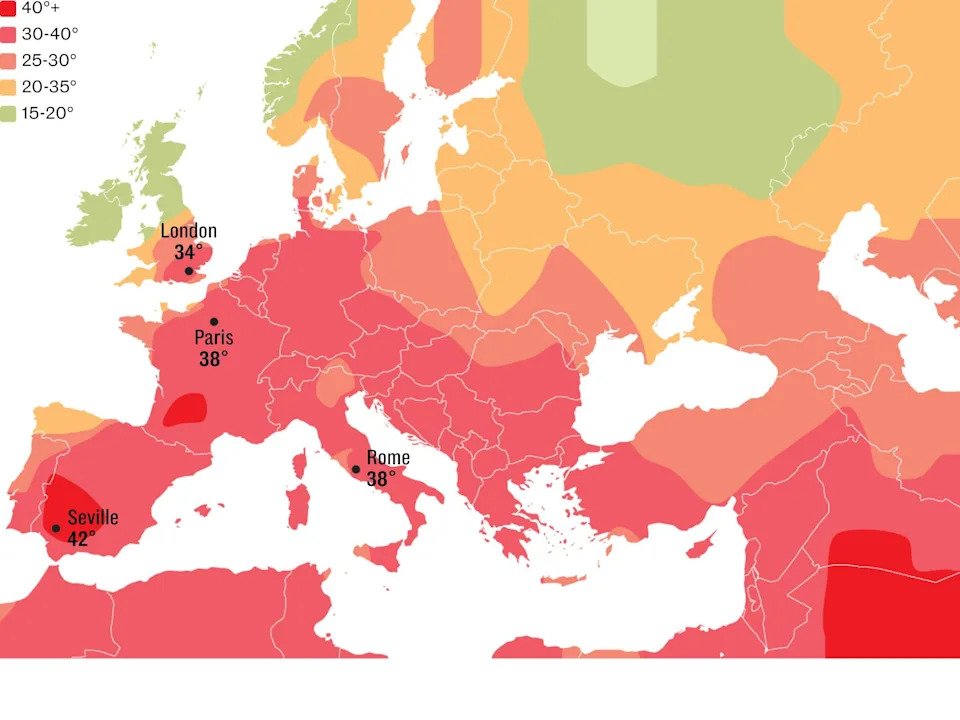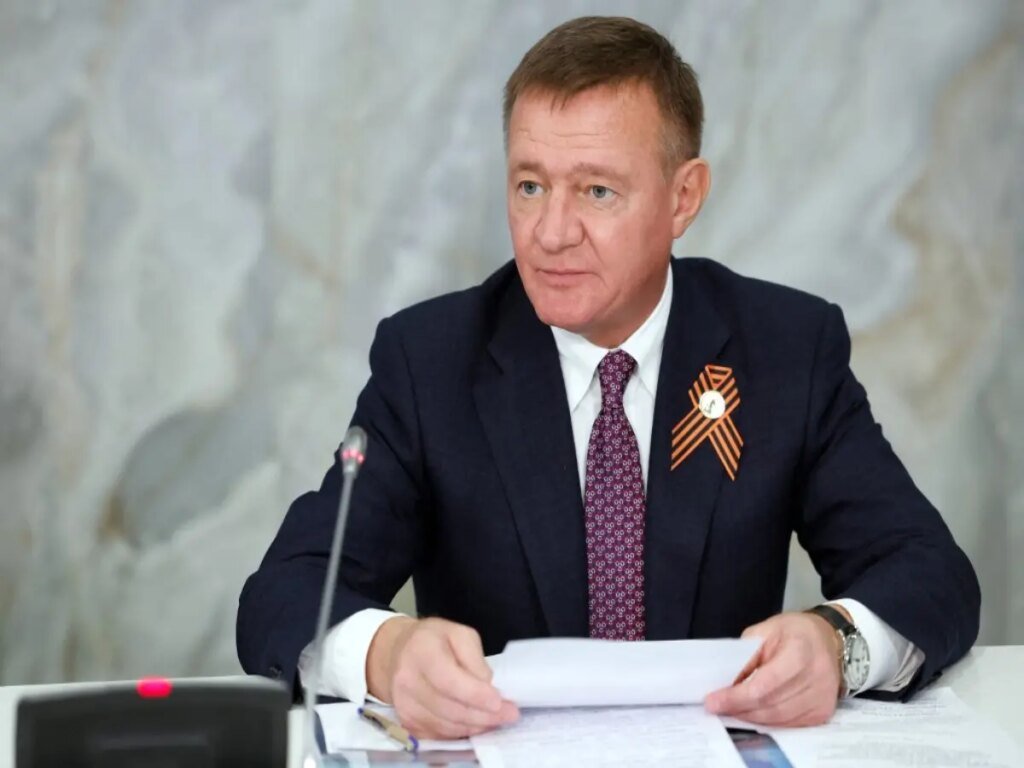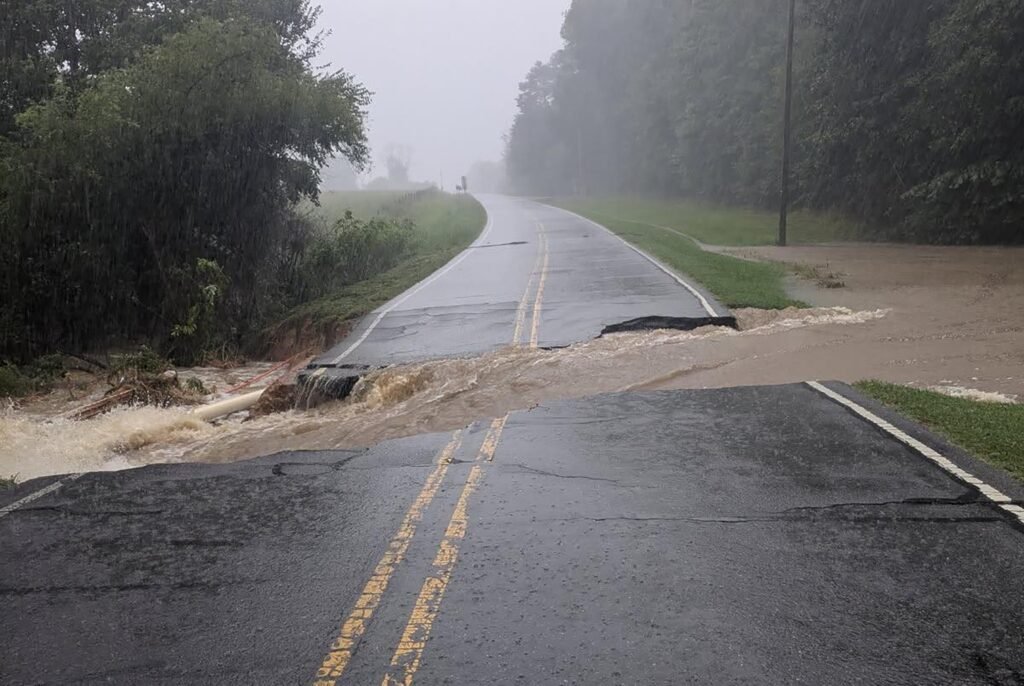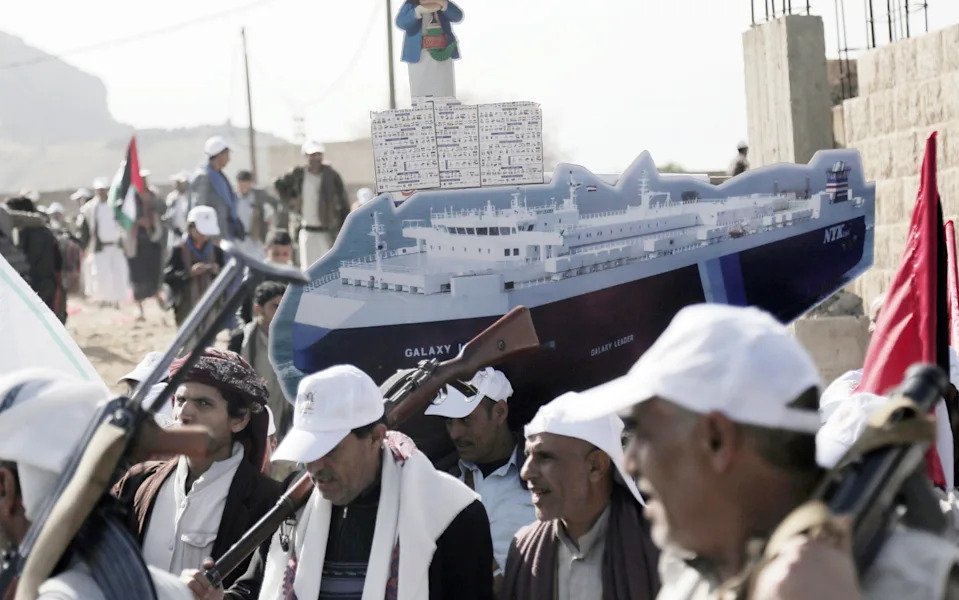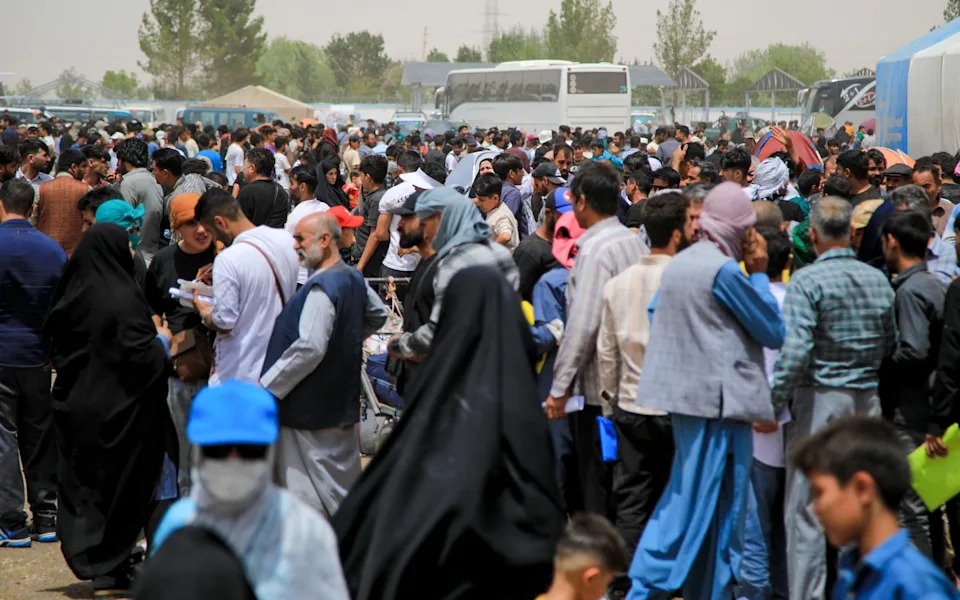The autopsy report for a Brazilian tourist who died after she fell an active Indonesian volcano reveals that she succumbed to her injuries within 20 minutes.
Twenty six-year-old Juliana Marins slipped during a group trek near the crater of Mount Rinjani, Indonesia’s second-highest volcano, on 21 June.
Marins had been hiking with five other foreign tourists and a local guide when she lost her footing and plunged down a cliffside, falling about 600m in two stages. She survived the initial fall and was seen moving and calling for help, but successive rescue efforts were thwarted by fog, shifting sands and steep, unstable terrain.
Her body was finally located another 450m down the cliffside by rescue workers using a thermal drone on 24 June, near the crater wall. She was declared dead at the scene.

Her body was evacuated from the volcano, located on the island of Lombok, to Bali Mandara Hospital around 150km away the following day, where the autopsy was conducted.
According to Agência Brasil, Marins died due to “internal bleeding caused by damage to organs and bone fractures” which were a result of “blunt force trauma”.
The report added that she would have died less than 20 minutes after the bleeding started. It also ruled out hypothermia, since there were no signs of tissue damage or blackening on her fingers. The final results of the autopsy, which also include routine toxicology tests, are expected in two weeks.
Forensic specialist Dr Ida Bagus Putu Alit told the media that Marins’ death was caused by severe trauma to “almost all parts of her body,” according to News.com.au.
Dr Ida added that the injuries were consistent with a fall, with the worst seen on her back and limbs.
Drone footage that was captured shortly after Marins had fallen down showed her alive at the base of a cliff about 150m down from the walking trail. She then fell further, to a point around 600m below the trail, on 23 June. This second fall is believed to have caused her fatal injuries.
Marins’ body arrived in Brazil on 1 July, and she was buried on 4 July.

Her family has claimed that she could have been saved if the rescue team been more prompt with their search efforts and reached the site sooner.
“If the team had reached her within the estimated time of 7 hours, Juliana would still be alive,” the family said, according to Brazilian broadcaster TV Globo. “Juliana deserved much more! Now we are going to seek justice for her, because that is what she deserves! Don’t give up on Juliana!”
Mohammad Syafii, the head of Indonesia’s rescue agency, said he had met the family to explain the challenges that delayed the rescue efforts. He added that they “accept the situation we were facing”, The Straits Times reported.
He said the body was finally recovered in a challenging retrieval operation that took about six hours on foot. “Initially, we would [have liked] to use a helicopter in the evacuation, but it [was] not possible due to the weather conditions,” he said. “So, we had to evacuate the victim on stretchers, which took quite a long time.”
Marins’ father, Manoel Marins, told reporters at the burial in her hometown Niteroi that his daughter’s death was a “matter of disregard for human life” and blamed Indonesia’s “precarious public services,” according to the Associated Press.
“Unfortunately, it’s a tourist destination – known worldwide, a country that depends on tourism to survive,” he said. “It should have better infrastructure, better resources to rescue people.”

